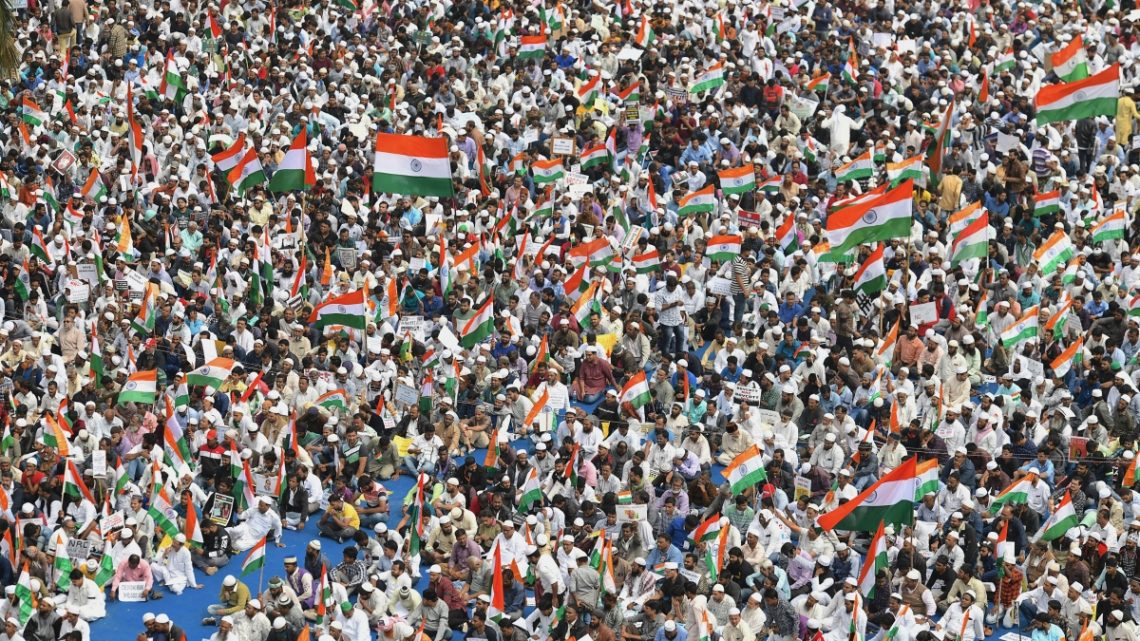
India at the Crossroads: The Imperative of Upholding Democracy
April 22, 2024As India is in its pivotal 2024 elections, the stakes couldn’t be higher. The global spotlight illuminates the nation’s struggle to preserve its democratic principles amidst a decade-long onslaught on dissent spearheaded by the ruling Bharatiya Janata Party (BJP). This election may serve as the final bastion against the encroaching shadows of autocracy, with the very soul of Indian democracy hanging in the balance.
At the helm of this ideological battle is Narendra Modi, whose tenure has been characterized by a concerted effort to mould India into a Hindu state. Such a transformation threatens to unravel the intricate tapestry of India’s secular fabric, placing religious minorities in jeopardy and undermining the foundational values of pluralism and tolerance.
The BJP’s relentless pursuit of a two-thirds majority presents a dire scenario where constitutional amendments could pave the way for the subjugation of minority rights and the consolidation of power. To vote against the BJP is not merely a political statement but a resolute stance in defense of democratic ideals and the preservation of India’s diverse social fabric.
Under Modi’s leadership, India’s democratic regression has been palpable, with the country’s classification downgraded to a “hybrid regime.” This erosion of democratic norms sends ripples across the globe, serving as a cautionary tale against the unchecked concentration of power and the erosion of civil liberties.
Yet, amidst the looming specter of authoritarianism, there exists a glimmer of hope in the form of regional parties. These entities play a pivotal role in offsetting the BJP’s hegemony and advocating for the interests of marginalized communities. Their influence serves as a bulwark against the BJP’s divisive agenda, offering a pathway towards a more inclusive and representative political landscape.
In contrast to the BJP’s rhetoric of exclusion and division, the Congress party champions a vision of inclusive governance, addressing pressing issues such as unemployment, rural distress, and religious polarization. However, the BJP’s alleged tactics of coercive bureaucracy and judicial intimidation serve to undermine the level playing field essential for a free and fair electoral process.
The ramifications of India’s democratic decline extend far beyond its borders, impacting regional stability and the global struggle for democratic values. Thus, the imperative of upholding democracy in India transcends mere partisan politics, embodying a collective responsibility to safeguard the fundamental principles of liberty and equality.
As the world watches with bated breath, the outcome of India’s upcoming elections will resonate far beyond its borders. It is not merely a choice between political parties but a defining moment in history—a choice between the preservation of democracy or the descent into authoritarianism. Now, more than ever, India stands at the crossroads of its destiny, tasked with the momentous responsibility of shaping its future trajectory and reaffirming its commitment to democratic ideals.

